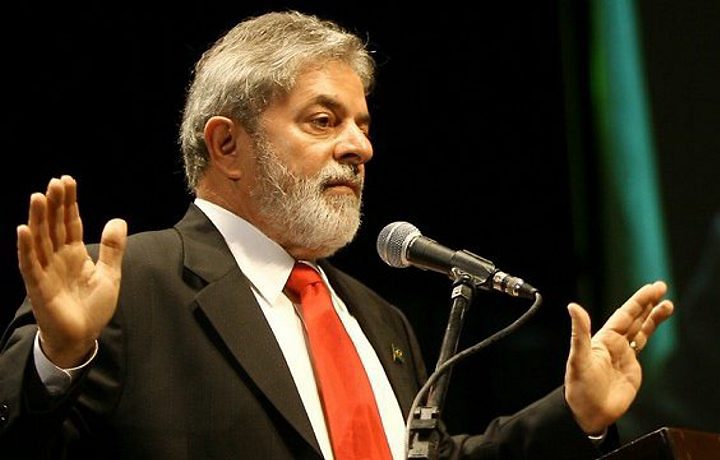Lula confirms "logistics" support for Bolivia against armed groups
 Brasilia - Brazil is to provide "logistics" support to Bolivia, to dismantle armed groups in the northern province of Pando, Brazilian President Luiz Inacio Lula da Silva said Wednesday.
Brasilia - Brazil is to provide "logistics" support to Bolivia, to dismantle armed groups in the northern province of Pando, Brazilian President Luiz Inacio Lula da Silva said Wednesday.
Lula, however, made it clear that Brazil will not be sending troops to its Andean neighbour.
"Do not even think of a Brazilian interference in Bolivia, much less troops," Lula said in an exclusive interview with state television channel TV Brasil that was set to be aired later Wednesday.
He explained that Bolivian President Evo Morales had requested such assistance, and that it would probably probably involve the sale of trucks and buses for the Bolivian Army and in the surveillance of the common border by the Brazilian Federal Police.
"We will try to see whether the Brazilian motor vehicle industry can produce - and quite fast - some trucks for Bolivia," Lula explained.
The border patrol sought "to prevent the flow of people, of armed people, to prevent smuggling, to prevent drug trafficking," he noted.
"Brazil needs to make a very big effort, because we have over 3,000 kilometres of border with Bolivia and we want the country to be at peace, because at peace it can grow - not at war," Lula insisted.
Lula declined to comment on the diplomatic crisis between the United States and Bolivia, after Morales accused Washington of interfering and expelled US Ambassador Phillip Goldberg.
However, the Brazilian leader noted that the United States has indeed interfered in Latin America, through its embassies, "at various moments in history."
"If it is true that the US ambassador was meeting with the opposition to Evo Morales, Evo is right to expel him. The ambassador's role is not to do politics inside the country," Lula said.
On Monday, Lula attended an emergency meeting of nine South American presidents in Santiago. Amid calls for dialogue between the parties, they expressed a strong backing for Morales and warned the Bolivian opposition that they would not accept any violations of the institutional order in the Andean country.
"Everybody wants to help Bolivia, but it is necessary for Bolivia to want to be helped," he stressed.
Five of Bolivia's nine provinces, concentrated in the resource- rich eastern crescent of the country, are demanding the return of taxes levied on oil and natural gas revenues, which are to help provide pensions for all Bolivians over age 60.
On Tuesday, Morales and opposition governors rebelling against his reform plans agreed to start talks to end the violence. That same day, Morales ordered the arrest of the governor of Pando on charges of genocide.
The crisis has escalated with the approach of December's referendum on Morales' new constitution, which is the centrepiece of his programme to distribute more of Bolivia's wealth to the impoverished, indigenous majority.
In August, Morales, the Andean nation's first indigenous president, survived a recall referendum with two-thirds of the vote.
Bolivia's population of 10 million has a 60-per-cent poverty rate, affecting mostly indigenous people. (dpa)